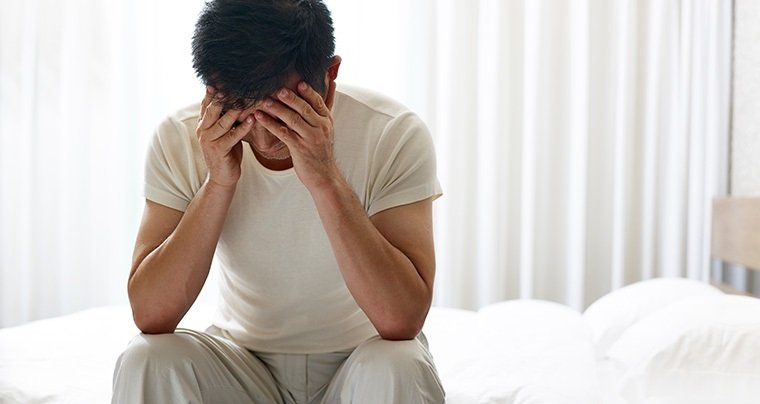
Masturbation is a normal and natural activity that many people engage in. It’s generally considered a healthy part of sexual development and has numerous benefits, including stress relief and the promotion of sexual self-awareness. However, some individuals may choose to stop masturbating due to personal reasons, including religious or cultural beliefs, relationship dynamics, or personal challenges with self-control. This guide explores why some might want to stop masturbating and provides strategies for doing so.
Contents
Understanding Masturbation
Masturbation involves self-stimulation of the genitals for pleasure. It’s a common behavior among men and women of all ages. Before discussing how to stop, it’s crucial to understand that masturbation is not inherently harmful or bad for most people.
Reasons to Consider Stopping Masturbation
- Personal Beliefs: Some may find that masturbation conflicts with their personal, moral, or religious beliefs.
- Relationship Concerns: In some cases, a partner may feel neglected or insecure about their significant other’s masturbation habits.
- Mental Health Impact: For a few, excessive masturbation might lead to feelings of guilt or shame, or interfere with daily life.
- Compulsive Behavior: When masturbation becomes compulsive, it can impact various aspects of life, including personal relationships and responsibilities.
Strategies to Reduce or Stop Masturbating
- Understanding Triggers: Recognize what triggers the urge to masturbate, such as boredom, loneliness, or stress, and address these underlying issues.
- Keeping Busy: Engage in activities that keep the mind and body occupied, such as exercise, hobbies, or socializing.
- Setting Goals: Create clear, achievable goals for reducing masturbation and monitor progress.
- Seeking Support: Talk to a therapist or a counselor if masturbating feels compulsive or problematic.
- Mindfulness and Meditation: These practices can help manage the impulses and increase self-control.
- Physical Barriers: Some find that making physical changes, such as sleeping in more restrictive clothing or using device blockers in the evening, can help.
Potential Benefits of Reducing Masturbation
- Improved Relationships: Focusing more on partner intimacy can strengthen a relationship.
- Increased Productivity: Less time spent on masturbation might increase productivity in other areas.
- Enhanced Mental Focus: Reducing dependency on the dopamine rush from orgasm can enhance overall mental focus.
- Improved Self-Esteem: Overcoming compulsive behaviors can lead to improved self-esteem and better control over one’s actions.
Conclusion
Deciding to stop or reduce masturbation is a personal decision and varies by individual. If it is not causing any issues in your life, there’s typically no need to stop. However, if you decide to change your habits, the strategies listed above can help.
FAQs about Reducing or Stopping Masturbation
Q: Is it unhealthy to stop masturbating?
A: Stopping masturbation is not inherently unhealthy. It’s a personal choice and can be healthy if it helps align with one’s personal goals or values.
Q: Can stopping masturbation cause physical health problems?
A: Generally, there are no significant physical problems associated with not masturbating. However, it’s a natural sexual activity with health benefits, so stopping may remove these benefits.
Q: How can I talk to my partner about my decision to stop masturbating?
A: Be open and honest about your reasons and discuss how this decision is important to you. Ensure a supportive dialogue that respects both partners’ feelings and perspectives.
Q: What should I do if I struggle to stop masturbating?
A: Consider seeking support from a therapist who can help address underlying issues and provide strategies to manage compulsive behaviors.